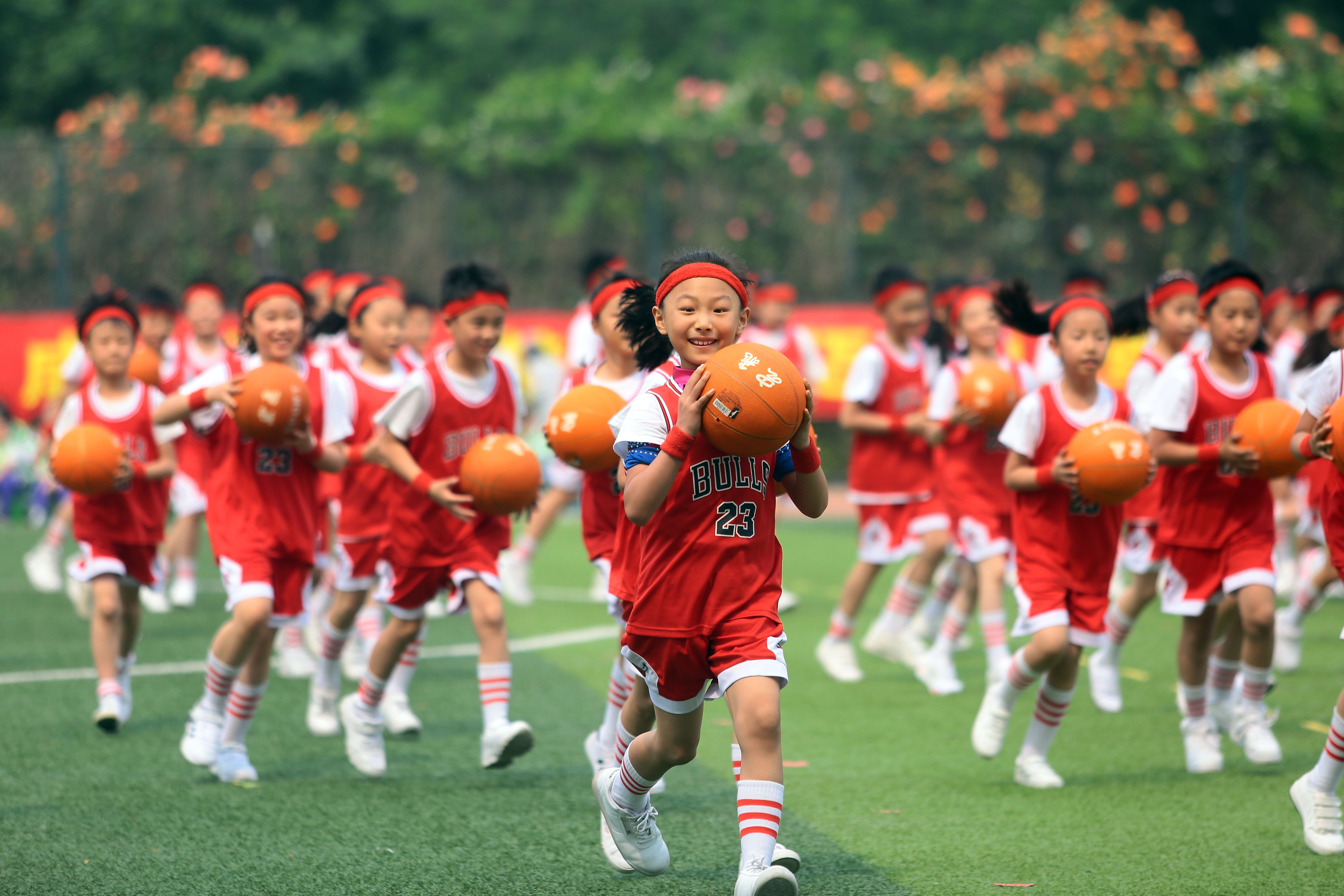BEIJING, July 9 (Xinhua) -- Millions of Chinese parents are scrambling to get their children a spot in much sought-after extra-curriculum classes during the summer vacation, hoping their kids can get a head start over their peers.
The long-criticized pressure and excessive competition among students are just part of the problems facing China's basic education.
To address that, central authorities on Monday published a key guideline for advancing education reform and improving the quality of compulsory education.
China's nine-year free compulsory education system covers primary school and junior middle school.
HARD-WORKING SPIRIT
"Labor education" will be further incorporated into the education system to foster citizens with an all-round moral, intellectual, physical and aesthetic grounding, in addition to a hard-working spirit, according to the guideline.
It highlighted the role of labor education, which may range from household chores to on-campus labor to voluntary community services, in encouraging students to participate in more manual labor to boost their hard-working spirit.
Identifying labor education the "shortest board" in the country's education system, vice education minister Zheng Fuzhi said such education must be strengthened with the aim to "cultivate a right view of the world, life and values and develop an interest in doing labor."
The ministry will formulate new guidelines on promoting labor education in primary and secondary schools and higher learning institutions and syllabuses for labor education, Zheng told a press conference Tuesday.
He also stressed sufficient venues for labor education, calling for building more practice bases for students to experience agricultural, manufacturing and service sectors.

Students take part in a sports meeting at Yueyangdao Primary School in Heping District of Tianjin, north China, May 12, 2019. (Xinhua/Liu Dongyue)
CURIOSITY & CREATIVITY
China has set the targets of establishing itself as one of the most innovative countries by 2020 and a leading innovator by 2030 before realizing the objective of becoming a world-leading power in science and technology by 2049.
To realize the goals, the guideline stressed that efforts should be made to protect student curiosity and imagination, arouse their interest in learning, and encourage them to be more creative and innovative.
Heuristic and interactive methods in teaching are encouraged to inspire students to think actively, ask questions and explore independently, the document said.
Li Runyue, a teacher at a Kunming-based primary school, said reform in the exam and evaluation system was a prerequisite for the curiosity initiative, which required time and opportunity for students to think and explore to cultivate their interest in learning.
The reform will also change the performance evaluation standards from local authorities to schools and student development, according to Feng Hongrong, an official with the municipal education authority of Beijing.
For example, schools will not be assessed by exam scores but overall student development, school burden and social reputation, Feng said.

Students attend a calligraphy class at Neiqiu Experimental Primary School in Neiqiu County, north China's Hebei Province, June 26, 2019. (Xinhua/Zhu Xudong)
MORE SUPPORT TO TEACHERS
The guideline demands "high-quality and professional" teaching personnel, proposing more training to strengthen teachers' teaching fundamentals and work ethics, as well as improved salaries and benefits.
More favorable policies in public service sectors, including physical examinations, vacations, tourism and housing, will be rolled out for teachers, said Lyu Yugang, a senior official with the Ministry of Education.
Average salaries of teachers in compulsory education schools shall be no lower than the average salaries of civil servants in the same region, according to the guideline.
More benefits will be given to teachers working in rural, remote and impoverished areas, Lyu said, adding that a better merit pay scheme will also be introduced.
Liu Xiya, headmaster of a Chongqing-based primary school, said the guidelines greatly inspired her fellow teachers at the grassroots level and responded to public expectations.
"Given the current excessive workload, what we need most is a guarantee to the right of rest and leisure," said Li Runyue, a teacher in Kunming.
(Video reporters:Li Ang, Wu Siyang, Wang Junfeng, Aman Ayinuer)



